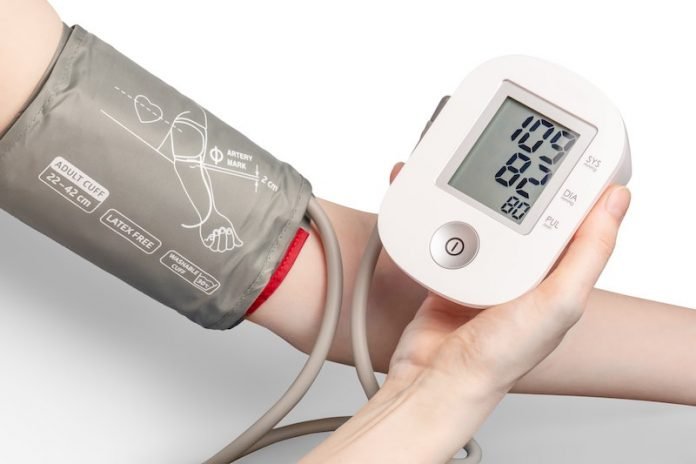
In a recent guideline published in Kidney International, researchers give a recommendation for more intensive blood pressure management in kidney disease.
The guideline could, if followed, benefit nearly 25 million Americans.
The study is at Johns Hopkins. One author is Kathryn Foti, Ph.D.
The current recommendation is aimed at doctors to help them to reduce blood pressure for chronic kidney disease patients whose systolic blood pressure levels are over 120 mmHg.
In this study, the researchers analyzed blood pressure and other data on a sample of 1,699 U.S. adults with chronic kidney disease in 2015-2018.
Their main finding was that 69.5% of U.S. chronic kidney disease patients, or about 24.5 million individuals, are eligible for blood-pressure-lowering according to the 2020 guideline—compared with 49.8% according to the 2012 guidelines, and 55.6%, according to the 2017 American College of Cardiology/American Heart Association guidelines.
Thus, about seven million more chronic kidney disease patients are eligible for blood-pressure-lowering under the new guidelines compared to the 2012 guidelines—and when using the 2017 American College of Cardiology/American Heart Association guidelines for comparison, about 5 million more are eligible.
The analysis suggests that at the time of the 2015-18 National Health and Nutrition Examination Survey, 14.4 million U.S. adults with chronic kidney disease were not taking blood-pressure-lowering medicines.
Of these, 61.8%, or about 8.9 million U.S. adults, had systolic blood pressure levels over 120 mmHg and thus should consider starting on blood-pressure-lowering medicines under the new guidelines.
The team says it has long been considered important for chronic kidney disease patients to keep their blood pressure in the normal range, if necessary, with medications including angiotensin-converting enzyme (ACE) inhibitors and angiotensin II receptor blockers (ARBs).
Because chronic kidney disease is so common, these new clinical guidelines could have a major public health impact.
If you care about blood pressure management, please read studies about this high blood pressure drug may harm your gut health and findings of an important but ignored cause of high blood pressure.
For more information about high blood pressure and your health, please see recent studies about this daily food may reduce your risks of diabetes and high blood pressure and results showing that this blood pressure problem may increase Alzheimer’s disease risk.
Copyright © 2021 Knowridge Science Report. All rights reserved.



